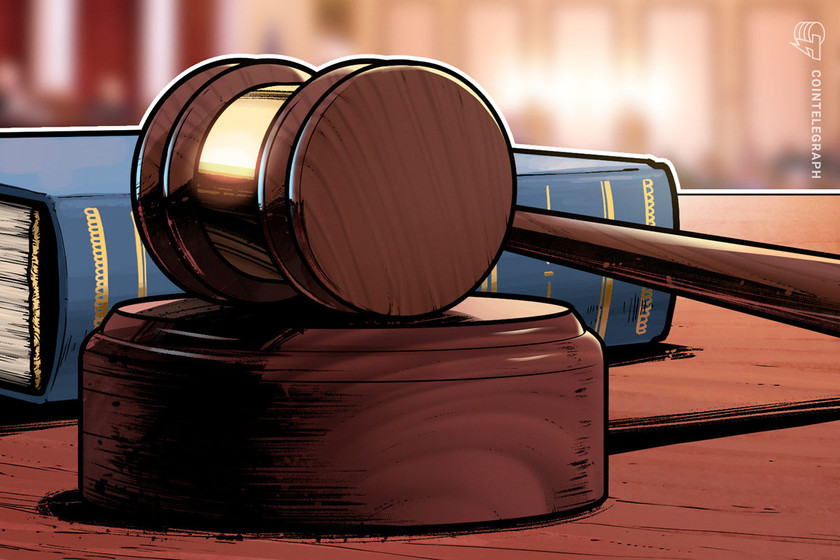Kraken settles with US Treasury’s OFAC for violating US sanctions
The U.S.-based crypto exchange agreed to pay more than $362,000 as part of a deal “to settle its potential civil liability” related to violating sanctions against Iran.
757 Total views
4 Total shares

The United States Treasury Department’s Office of Foreign Assets Control, or OFAC, has announced a settlement with crypto exchange Kraken for “apparent violations of sanctions against Iran.”
In a Nov. 28 announcement, OFAC said Kraken had agreed to pay more than $362,000 as part of a deal “to settle its potential civil liability” related to violating the United States’ sanctions against Iran. The U.S.-based crypto exchange will also be investing $100,000 into sanctions compliance controls as part of the agreement with Treasury.
“Due to Kraken’s failure to timely implement appropriate geolocation tools, including an automated internet protocol (IP) address blocking system, Kraken exported services to users who appeared to be in Iran when they engaged in virtual currency transactions on Kraken’s platform,” said OFAC.
In a statement to Cointelegraph, Kraken chief legal officer Marco Santori said the exchange had “voluntarily self-reported and swiftly corrected” its actions to OFAC:
“Even before entering into this resolution, Kraken had taken a series of steps to bolster our compliance measures. This includes further strengthening control systems, expanding our compliance team and enhancing training and accountability.”
The United States has imposed sanctions on Iran that prohibit the export of goods or services to businesses and individuals in the country since 1979. However, Kraken had allegedly been violating these controls since 2019 by allowing a reported more than 1,500 individuals with residences in Iran to have accounts at Kraken — giving them the means to buy and sell crypto.
According to a July report from The New York Times, then CEO Jesse Powell — who in September announced he would step down suggested he would consider breaking the law, through not specifically mentioning sanctions, if the benefits to Kraken outweighed any potential financial or legal penalties. The crypto exchange also reportedly allowed access to crypto for individuals in Syria and Cuba, countries sanctioned by the United States.
Related: Crypto exchange Kraken freezes accounts related to FTX and Alameda
In September 2021, the U.S. Commodity Futures Trading Commission ordered Kraken to pay more than $1 million in civil monetary penalties for allegedly violating the Commodity Exchange Act by offering “margined retail commodity transactions in digital assets” to ineligible U.S. customers from June 2020 to July 2021. Kraken’s incoming CEO, Dave Ripley, said in September he did not see a reason to register with the Securities and Exchange Commission as “there are not any tokens out there that are securities that we’re interested in listing.”









